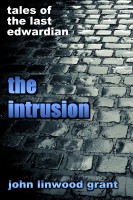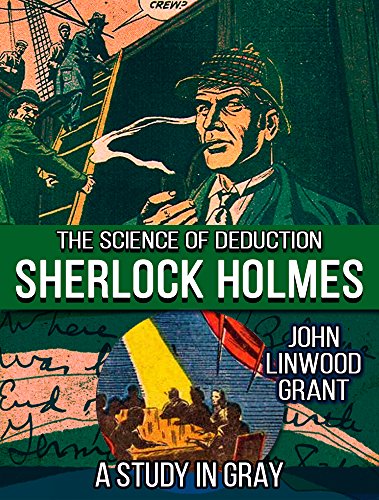 |
| Free on Smashwords |
These two novella-length mysteries follow the assassin Mr. Dry and introduce memorable additional characters: Dr. Alice Urquhart, Abigail Jessop, and Henry Dodgson. A Loss of Angels is a brilliant piece of writing, with a twist so satisfying I can't reveal it. The Intrusion includes supernatural elements which shade the mystery into horror. Everything's on the table: You can't be sure what will happen next.
If you like period mysteries, please go to Smashwords and download these books - THEY'RE FREE!
 |
| Free on Smashwords |
"Tales of the Last Edwardian is a series of connected and stand-alone stories which will eventually include at least two novels. Most of the stories include aspects of spiritualism, the occult or other psychic phenomena, especially at their late Victorian and Edwardian height. They reflect the work of the early psychic detectives and psychiatrists, and do cross into crime fiction in the process. A world of gas-light and lobotomies, electric pentacles and the garotte. They are, discounting any whimsical touches I might use in writing them, fairly dark tales of murder, possession, fanaticism, abuse and suchlike. More flowing blood than flimsy ectoplasm, let's put it that way. The timeline runs from around the Second Boer War (1899 – 1902), through the Edwardian age and into the horrors of the Great War and its aftermath. It continues in and after World War Two, until it reaches the present day. The phrase The Last Edwardian will explain itself in the later stories. For those of a geographical disposition, the stories are set in London, parts of Yorkshire and various other nooks and crannies around Great Britain."

